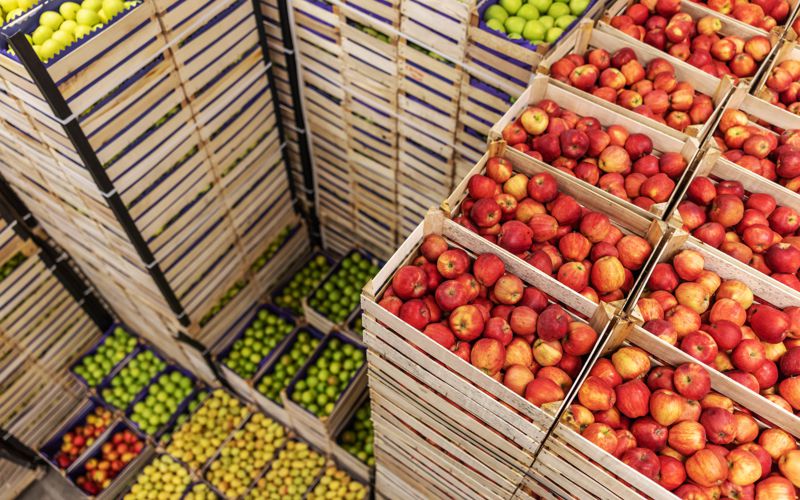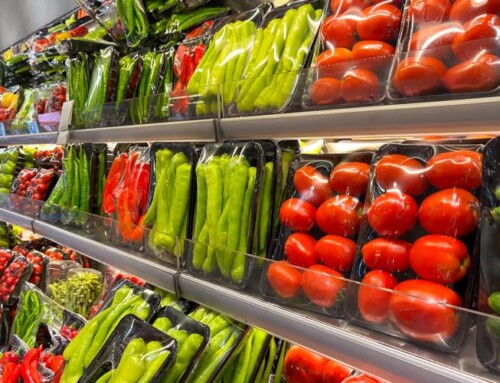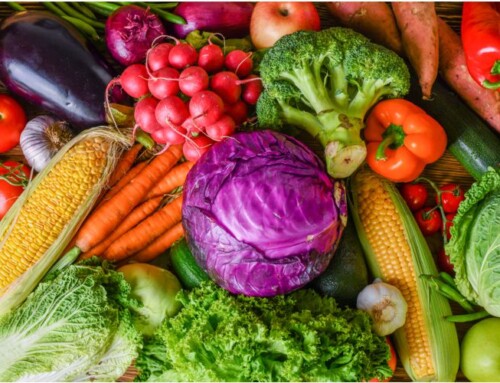THE LAST MILE IS THE HARDEST:
Innovating Food Logistics for the Next Billion
Over the past decade, ag-tech innovation has largely focused on the field: optimizing what, when, and how we grow. Yet as crops make their way from farm to consumer, another frontier of inefficiency emerges: the “getting from farm to fork” of food logistics.
It’s here, in the stretch between harvest and plate, that value often evaporates. Inconsistent cold chains, inefficient transport, and fragmented infrastructure mean billions of dollars’ worth of fresh food never reaches its destination before it spoils.
If we want a food system that’s resilient, equitable, and climate-smart, it’s time to invest in the technologies that move food effectively.
The Logistics Blind Spot
In many markets, agricultural logistics have changed little in decades. Cold trucks, refrigerated containers, and warehouses were designed for bulk commodities, not for fresh produce or protein with short shelf lives.
The result is staggering. Up to 40% of perishable foods spoil before they reach consumers, because we can’t move what we grow efficiently.
The consequences ripple through the entire value chain:
- Farmers lose income from rejected or spoiled shipments.
- Retailers face unpredictable inventory and rising costs.
- Consumers pay more for less reliable access.
- And the planet absorbs the hidden cost — wasted land, energy, and emissions.
While the challenges differ between developed and emerging economies, the underlying issue is the same: the last mile remains agriculture’s weakest link.
Why It’s Hard…and Worth Solving
The last mile (the food distribution system) is notoriously difficult because it relies on multiple systems working: transportation, storage, energy, data, and policy. Unlike innovations within a single farm operation, food logistics require coordination across networks of producers, buyers, and carriers — often small, distributed, and operating on thin margins.
Yet, this complexity also makes it one of the most fertile areas for innovation. Advances in sensors, automation, and renewable energy are enabling smarter, more localized, and more sustainable distribution systems. Startups are bringing digital thinking to one of the world’s oldest industries. The potential impact is enormous: every incremental improvement in food distribution efficiency delivers measurable returns in food security, economic resilience, and climate action.
Innovation on the Move
We’re now seeing breakthroughs that are redefining what’s possible:
- IoT and data-driven logistics that track freshness, temperature, and location in real time thereby enabling proactive intervention before losses occur.
- AI-optimized routing that matches loads, vehicles, and delivery windows dynamically, reducing idle time and spoilage.
- Decentralized micro-cold-chain hubs powered by renewables, bringing cooling capacity closer to producers.
- Smart packaging and biosensors that signal product freshness and extend shelf life through embedded indicators.
- Technologies that extend shelf-life via antimicrobial activities or gas absorption
- Digital marketplaces and traceability platforms connecting smallholder producers to buyers more directly and efficiently.
Together, these tools point to a future where the journey from field to fork is not just faster, but smarter. A connected ecosystem where every link in the chain creates value instead of losing it.
The Carrot Ventures View
At Carrot, we believe the transformation of agricultural logistics is one of the most compelling (and underappreciated) investment opportunities of our time.
Our focus is to help commercialize technologies that make food systems more efficient, sustainable, and resilient. The ones who help Advance Canadian Agriculture. Whether through smarter sensors, automation, or infrastructure innovations, the future of ag-tech will be shaped as much by how food moves as by how it grows.
The next wave of food security innovation won’t come solely from the field; it will come from reimagining the systems that connect it to the world.
Let’s Build What’s Next
We see growing momentum at the intersection of ag-tech, logistics, and climate innovation. If you’re developing a technology that improves the movement, storage, or delivery of food – from smarter cold chains to intelligent transport systems – we’d love to hear from you.
Download our free eBook to learn how Carrot Ventures helps turn novel IP into market-ready companies. We’d love to connect and explore how we can turn today’s inefficiencies into tomorrow’s opportunities.
Why Carrot Ventures
Carrot Ventures is a venture studio that creates and finances new companies to commercialize early-stage agriculture and food technologies. Our model provides:
- Company building – Business structure, leadership, and go-to-market expertise.
- Capital – For commercialization and scaling.
- Partnerships – Access to networks across Canadian and North American agriculture.
For many innovators, the biggest hurdle isn’t proving the science, it’s crossing the commercialization gap. Carrot Ventures exists to bridge this gap.




